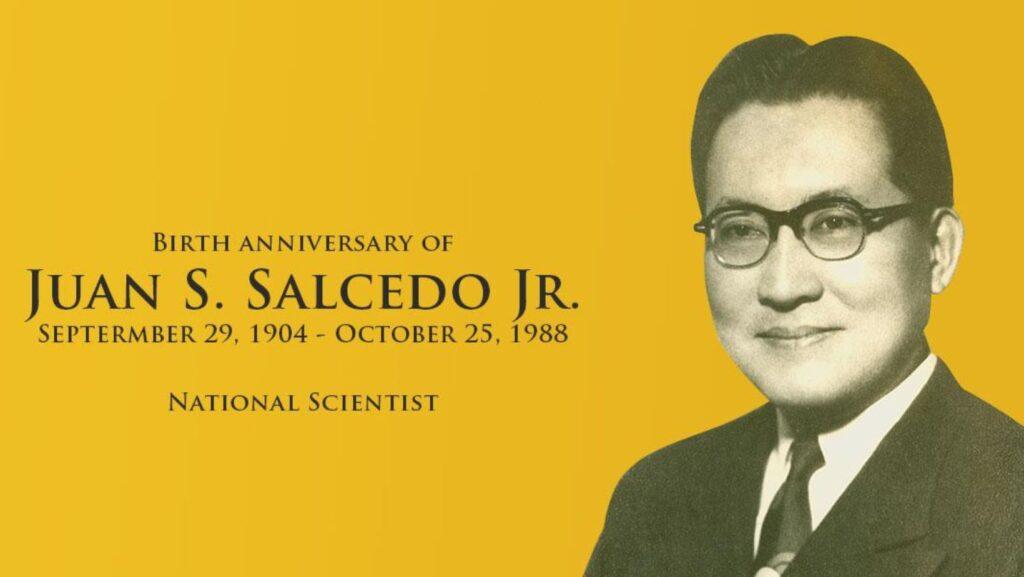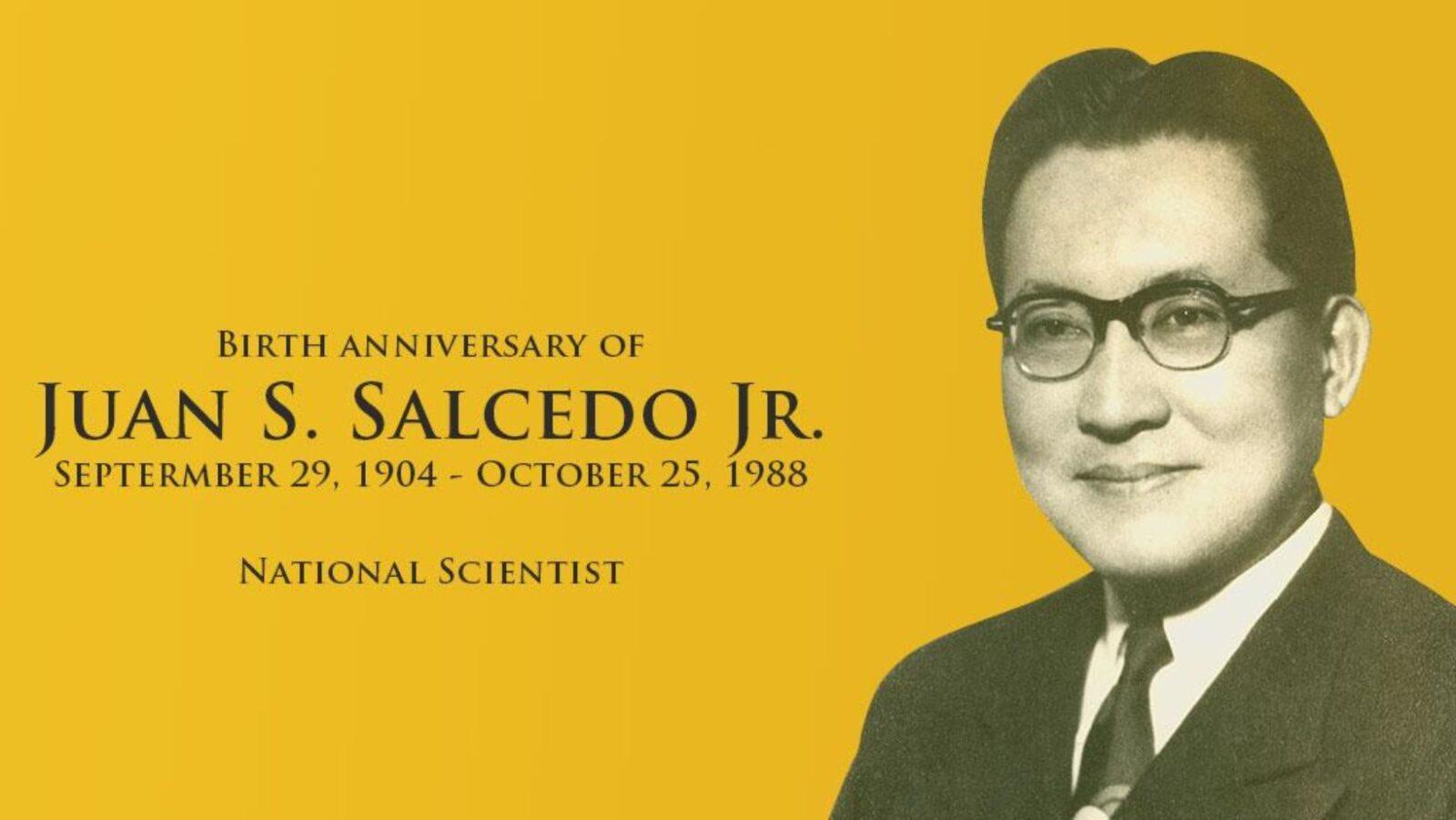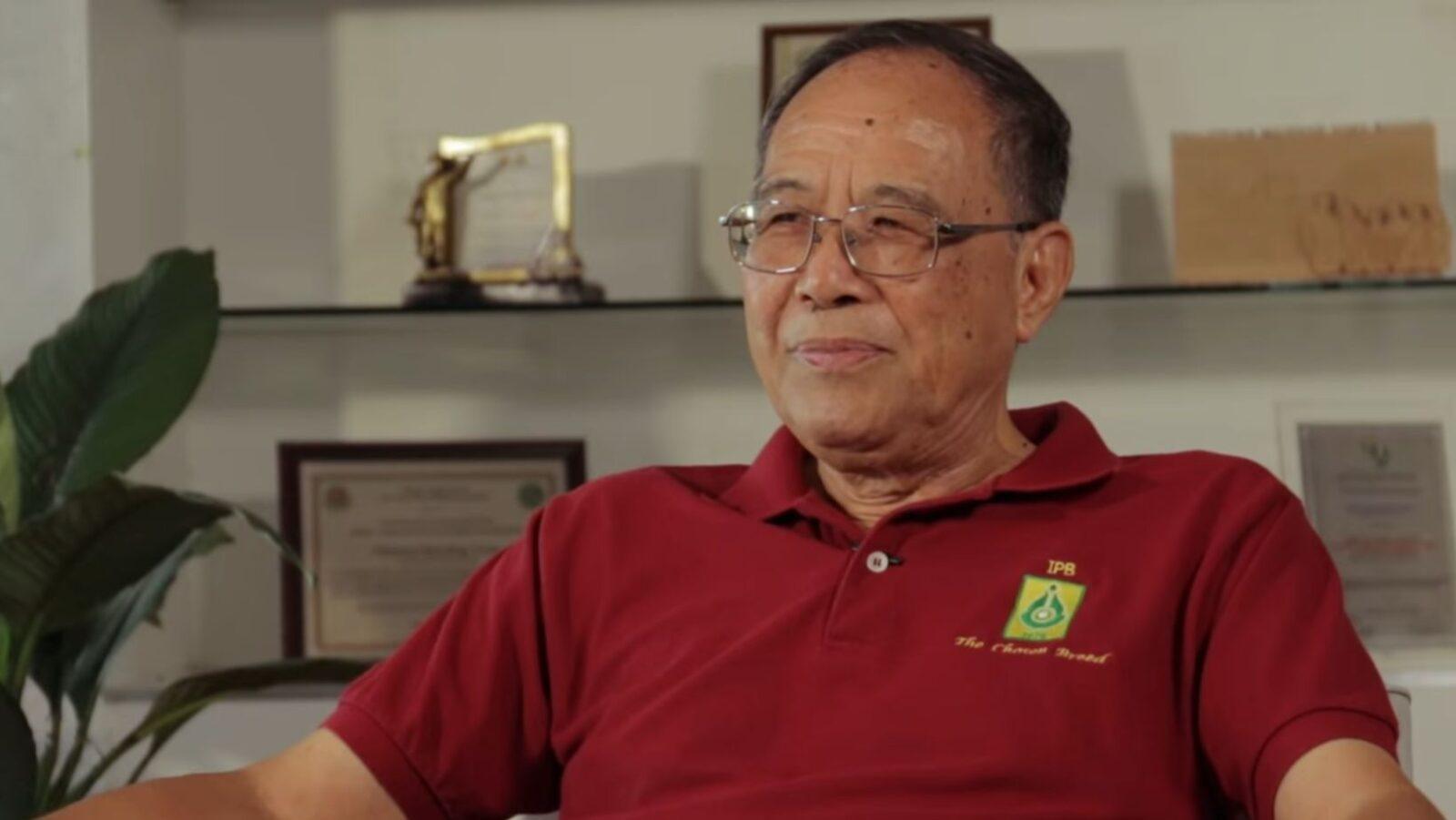
Dr. Juan Salcedo, Jr. is celebrated for his pioneering work in nutrition and public health. Born on September 23, 1904, he exhibited a keen intellect and a passion for science from an early age. His educational journey was marked by excellence and a drive to address the pressing health issues of his time. Salcedo earned his medical degree at the University of the Philippines Manila in 1929. He continued his studies at Columbia University in the United States, where he finished his biochemistry degree in 1943.
At the forefront of nutrition science
Salcedo’s foray into nutrition science was driven by a profound concern for the rampant malnutrition afflicting many Filipinos. His research led to significant breakthroughs, particularly in understanding the role of vitamins and minerals in human health. Over the course of his career, Salcedo published over 260 papers related to his fields of expertise, both in Philippine and international science journals.
One of his most notable achievements was the development of an enriched rice program in the Philippines. This aimed to address beriberi, a disease caused by vitamin B1 (thiamine) deficiency, which was widespread at the time. Working with Dr. Robert Runnels Williams (the American chemist credited with synthesizing thiamine), Salcedo helped run a large-scale pilot test of rice fortification in Bataan. Results were promising; after a year, they observed “significant reduction in mortality from beriberi” in the experimental area, and by year two, deaths from the disease in that area were nil. This led to the Rice Enrichment Law being enacted in 1952, which contributed to the near-elimination of the disease in the Philippines.
Salcedo’s collaborative spirit was evident in his work with various organizations and government bodies. He served as a director for field operations at the United States Public Health Service (USPHS), and was one of the pioneers of the Philippine Association of Nutrition. He also became the chairperson of the Institute of Nutrition in 1948, the Secretary of Health (serving under two presidents – Elpidio Quirino and Manuel Roxas) from 1950 to 1954, and the chairman of the National Science Development Board (the precursor to the Department of Science and Technology) from 1962 to 1965 (under President Diosdado Macapagal) and 1966 to 1970 (under President Ferdinand Marcos Sr.). Throughout his career, he worked closely with international health organizations, leveraging global expertise to enhance the Philippines’ health strategies and policies.
As part of the academe, Salcedo also assumed leadership roles; he served as the Dean of the University of the East Medical College, and eventually became the president of the Araneta University Foundation.
Enduring legacy and recognition
Throughout his lifetime, Salcedo received numerous accolades and honors, reflecting the profound impact of his work. Among these were the Ramon Magsaysay Award for Public Health, the Republic Heritage Award for Science, and the Pro Patria Award. The International Academy of Leadership also recognized him as “Scientist Par Excellence and Scholar Meritissimus.”
He received the title of National Scientist in 1978; he was part of the first batch of awardees, alongside Dr. Gregorio Y. Zara and Dr. Alfredo C. Santos.
Salcedo passed away on October 25, 1988, leaving behind a legacy of pioneering research and scientific leadership. His innovative approaches and dedication to improving public health have undoubtedly left an indelible mark on the well-being of countless Filipinos. —Christopher Ethan Yusi and Mikael Angelo Francisco
References
- https://members.nast.ph/index.php/list-of-national-scientist/details/3/31
- https://spheres.dost.gov.ph/profiles/1099-juan-s-salcedo
- https://nfp.org.ph/dr-juan-salcedo-jr/
- https://www.philstar.com/business/science-and-environment/2009/10/01/509663/pride-philippine-science
- https://archive.unu.edu/unupress/food/V192e/ch09.htm









